SUMMARY
This is AI generated summarization, which may have errors. For context, always refer to the full article.
Agriculture was the lone driver of economic growth among sectors, as the Philippines dived into recession amid the coronavirus pandemic. But despite its surprise performance, it is still getting a meager budget for 2021.
The Department of Agriculture (DA) initially asked the Department of Budget and Management (DBM) for an allocation of P280 billion for next year, more than 4 times its 2020 budget of P65 billion.
However, the DA is poised to get only less than P67 billion.
The agriculture sector had managed to grow 0.5% in the 2nd quarter of the year, at a time when hard lockdowns were enforced. (READ: [ANALYSIS] Rare Philippine recession: Why this one’s unique, even necessary)
In a virtual briefing by the World Bank on Wednesday, September 9, Agriculture Undersecretary Ariel Cayanan said next year’s budget should be a minimum of P100 billion or at least be proportional to the sector’s contribution to the economy.
Agriculture Secretary William Dar has already urged Congress to increase the funding for programs like Plant, Plant, Plant, which is part of the DA’s food security development framework.
“I cannot overemphasize the need for all of us in the agriculture and rural development sector to unite and keep agriculture going to ensure nutritious and affordable food for our people and increased incomes for our farmers and fishers,” Dar said during Wednesday’s briefing.
Acting Socioeconomic Planning Secretary Karl Chua earlier noted that the DA has an additional P10 billion under the Rice Competitiveness Enhancement Fund, which is sourced from tariff collections from rice imports.
World Bank weighs in
The World Bank’s latest report on Philippine agriculture showed that previous spending “has gone mostly toward price supports for selected crops and goods, as well as subsidies on inputs such as fertilizer, planting materials, and machines.”
“But global experience shows that while ensuring the availability of key inputs remains important, reorienting significant public spending toward investments in public goods – including research and development, infrastructure, innovation systems, market information systems, and biosecurity systems – results in faster poverty reduction and greater productivity gains through an overall modernization of agriculture,” the World Bank said.
The report also noted that small farmers have difficulty accessing inputs and markets for their produce, while buyers such as agribusiness enterprises and wholesalers find it difficult to get the quantity and quality of produce that they need for processing on a timely basis.
“Government support can help overcome this market failure by bringing together buyers and producer organizations and providing support for the preparation and implementation of profitable business plans that benefit both parties,” the World Bank said.
Ndiame Diop, World Bank country director for Brunei, Malaysia, Thailand, and the Philippines, said transforming Philippine agriculture into a high-growth sector is needed to bounce back from the economic strain.
“With the exception of a few small natural resource-rich countries, no country has successfully transitioned from middle- to high-income status without having achieved an effective transformation of their agri-food systems,” Diop said.
“Transforming agriculture and food systems is always challenging. But the country’s new vision for agriculture, its current thrust for diversification and use of modern technologies, and its effective management of food supply during this pandemic clearly indicate that the country is well-equipped to overcome the challenge.” – Rappler.com
Add a comment
How does this make you feel?
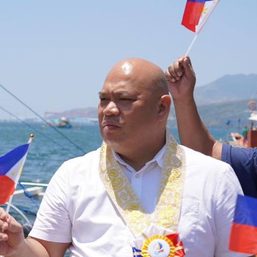
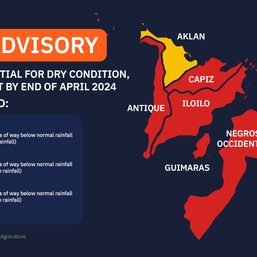
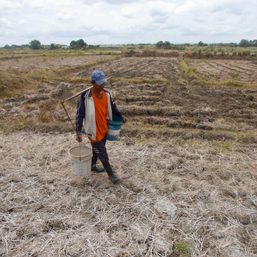
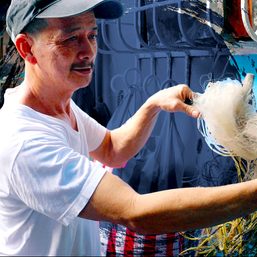

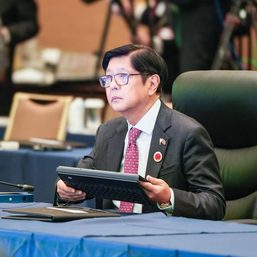
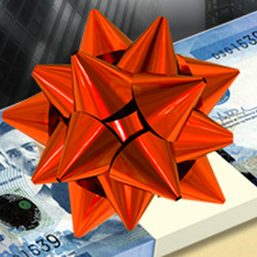
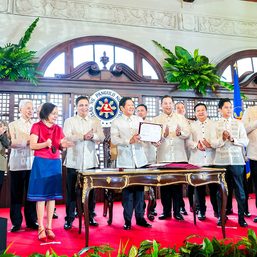
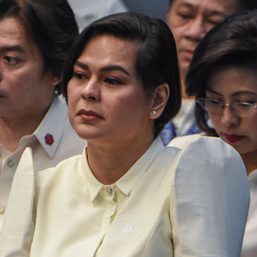
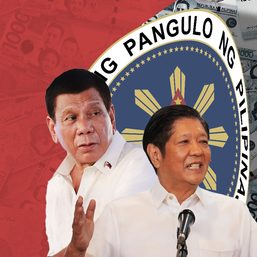
There are no comments yet. Add your comment to start the conversation.